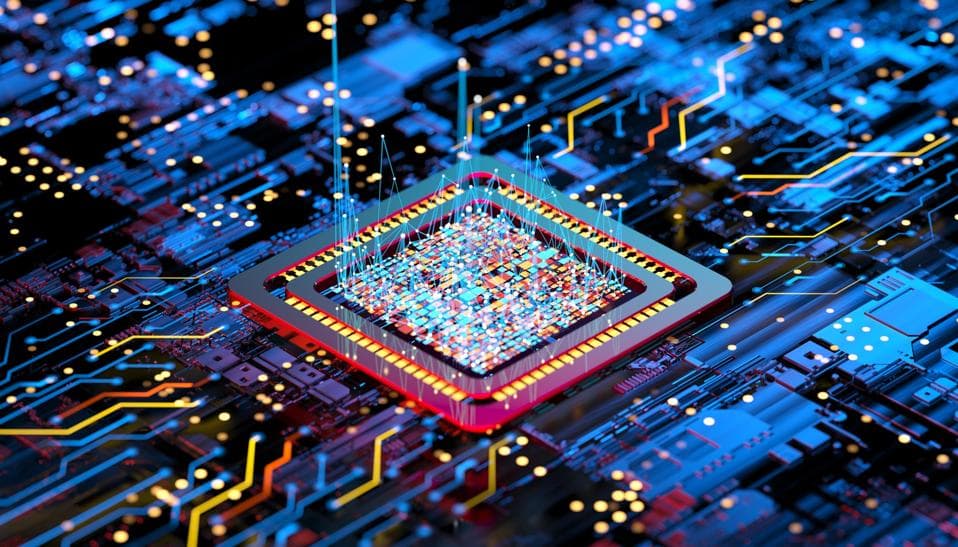We're loading the full news article for you. This includes the article content, images, author information, and related articles.
Breakthroughs in neuromorphic computing are leading to brain-inspired chips that can perform AI tasks with up to 100-fold lower energy use, heralding a new era of highly efficient AI hardware.

Neuromorphic Chips Signal a Brain-Inspired Leap in AI Efficiency
A new chapter in artificial intelligence is being written—not in software, but in hardware. At the forefront are neuromorphic chips, processors designed to emulate the brain’s neural architecture. These chips are unlocking unprecedented gains in efficiency and performance, challenging the dominance of traditional CPUs and GPUs in AI workloads.
Leading the charge is Intel’s Loihi 2, a second-generation neuromorphic processor that achieves up to 100× lower energy consumption for specific AI tasks. Unlike conventional architectures that process instructions sequentially, Loihi 2 uses spiking neural networks—a more brain-like model of computation where neurons communicate asynchronously in parallel. The result: real-time pattern recognition and adaptive learning with drastically reduced power draw.
This makes neuromorphic systems particularly well-suited for edge applications, including autonomous robots, wearable devices, and intelligent sensors—anywhere that low-latency, low-power AI is critical.
As AI systems become more pervasive, power and scalability have become pressing concerns. Neuromorphic computing offers a radically different path forward, one that brings machines a step closer to human-like perception and cognition—without the heavy energy costs.
While still in its early stages, this brain-inspired hardware could mark a paradigm shift in AI, opening new frontiers in everything from neuroscience research to sustainable computing.
Keep the conversation in one place—threads here stay linked to the story and in the forums.
Sign in to start a discussion
Start a conversation about this story and keep it linked here.
Other hot threads
E-sports and Gaming Community in Kenya
Active 9 months ago
The Role of Technology in Modern Agriculture (AgriTech)
Active 9 months ago
Popular Recreational Activities Across Counties
Active 9 months ago
Investing in Youth Sports Development Programs
Active 9 months ago